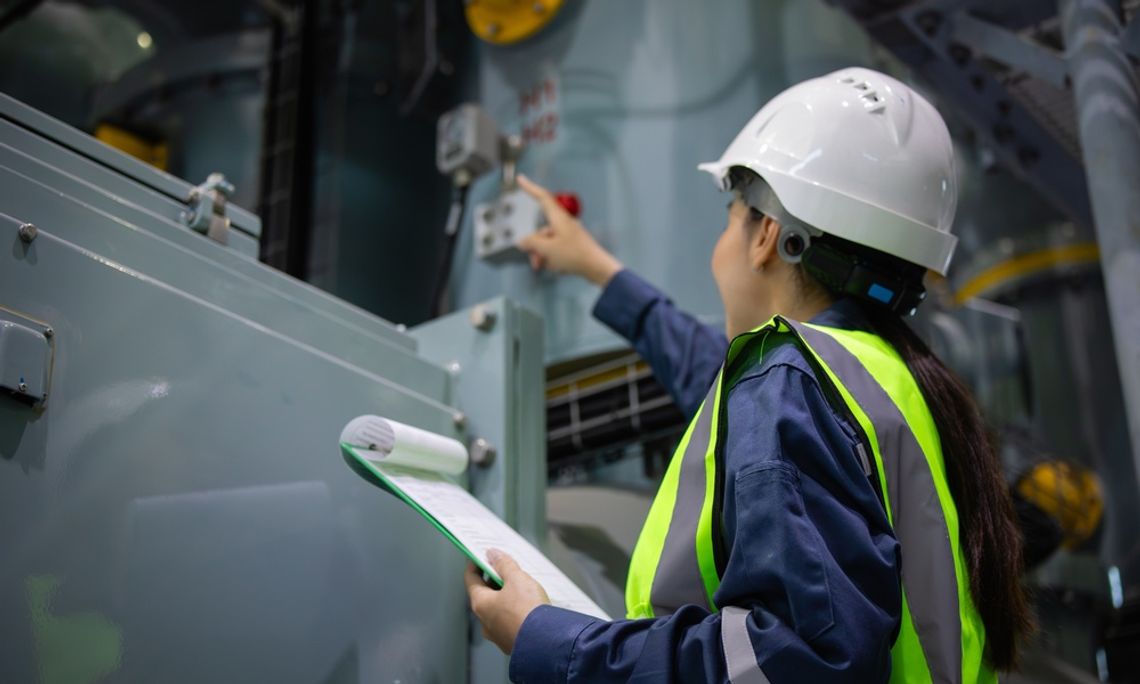As energy costs climb and sustainability becomes a priority, more businesses are turning to commercial energy audits. These audits provide a detailed roadmap to reducing energy consumption, cutting operational expenses, and improving your environmental footprint. Knowing how to prepare for a commercial energy audit is the first step toward maximizing its benefits.
1. Understand the Purpose of an Audit
Before the auditor arrives, it’s crucial to understand what a commercial energy audit aims to achieve. Its primary goal is to identify where your building is losing energy and to provide actionable recommendations for improvement. This process involves a thorough examination of your facility's energy usage, from lighting and HVAC systems to insulation and operational practices. By understanding the audit's purpose, you can better align your expectations and facilitate a more productive assessment.
2. Gather Historical Energy Bills and Data
One of the most important preparation steps is to collect all relevant energy consumption data. Gather at least 12 to 24 months of utility bills for electricity, natural gas, and any other energy sources your facility uses. This historical data provides the auditor with a baseline understanding of your energy usage patterns, helping them pinpoint seasonal variations and potential areas of inefficiency. Having this information readily available will streamline the audit process and lead to more accurate findings.
3. Review Equipment and Systems
Familiarize yourself with the major energy-consuming equipment and systems in your building. This includes HVAC units, lighting fixtures, boilers, and any specialized machinery unique to your operations. Create an inventory list with details such as make, model, age, and maintenance history. Understanding your equipment helps you know what to expect during a commercial energy audit, as the auditor will need to inspect these systems closely. This preparation allows you to answer questions and provide necessary documentation swiftly.
4. Schedule the Audit and Communicate With Staff
Coordinate with the energy auditor to schedule the assessment at a time that minimizes disruption to your daily operations. Once the date is set, inform your key staff members, particularly maintenance and facility managers, about the upcoming audit. Explain the purpose and outline what they will need to do, such as granting access to mechanical rooms or answering questions about equipment operation. Clear communication ensures a smooth and efficient process for everyone involved.
5. Implement Recommendations and Track Savings
The audit itself is just the beginning. The real value comes from implementing the auditor's recommendations. After you receive the final report, create a plan to address the suggested improvements, prioritizing those with the highest return on investment. Once you make changes, continue to track your energy consumption to measure the savings and validate the effectiveness of the upgrades. This final step transforms the audit from a simple assessment into a powerful tool for long-term cost reduction.
By following this guide on how to prepare for a commercial energy audit, you can ensure your business gets the most out of the experience. Taking these proactive steps will facilitate a smoother process and set you on the path to significant energy and cost savings.


Comment
Comments